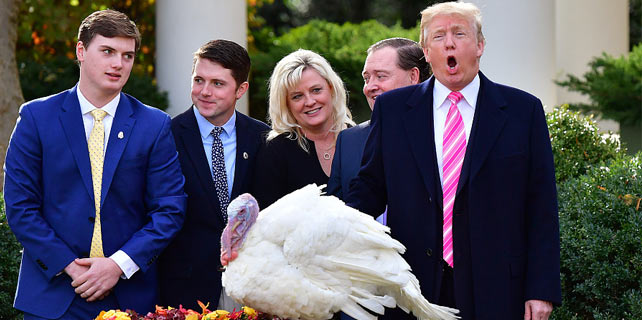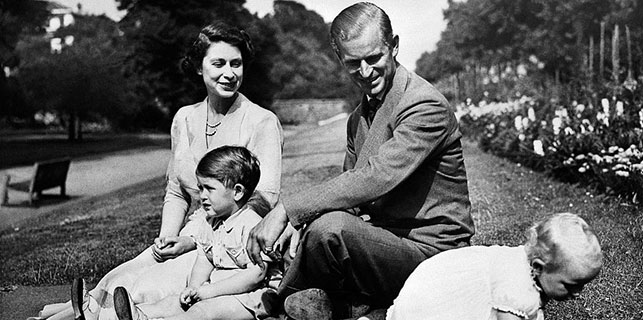China ties important to Britain especially after Brexit: British economic secretary
LONDON - Britain will attach great importance to its economic ties with China after Brexit, and looks forward to further cooperation with China in areas such as green finance and the Belt and Road Initiative, a senior British official said Wednesday.
"The relationship between the UK and China is absolutely important. It is one we take extremely seriously," Britain's Economic Secretary to the Treasury Stephen Barclay said in an interview with Xinhua, ahead of Chancellor of the Exchequer Philip Hammond's scheduled official visit to China to take part in the China-UK economic and financial dialogue in December.
Barclay made the remarks after giving a press briefing on the autumn budget delivered by Hammond Wednesday at the British parliament.
There is a lot of areas of common interest between Britain and China, which would yield more cooperation in different fields, Barclay said. The UK with its expertise in financial services, for example, he said, could partner with China to help deliver investment in green finance.
The two countries are already working together on green finance in their capacity as co-chairs of the Green Finance Study Group formed under the G20.
Another area of key opportunity, Barclay said, was the Belt and Road Initiative.
The initiative, which comprises the Silk Road Economic Belt and the 21st-Century Maritime Silk Road, was proposed by China in 2013 with the aim of building a trade, investment and infrastructure network connecting Asia with Europe and Africa along and beyond the ancient trade routes.
Regarding preparing for Brexit, Hammond has set aside an extra 3 billion pounds ($3.9 billion) in the budget to make sure the government is ready on day 1 of the exit. It will include funding to prepare the border, the future immigration system and new trade relationships.
The economic secretary believes that Britain will eventually strike a free trade agreement with the European Union (EU) despite the present difficulties and uncertainties.
Saying it was very much in the UK's intention to reach a free trade agreement with the EU, Barclay added that it is in the interests of both sides as well as the interests of China and global investment community for businesses around the world.
"All they want to see is the ability for businesses not to be harmed from fragmentation cost (and) market instability because the free trade agreement hasn't been reached," Barclay said.
He called the budget balanced and addressing some short-term challenges in the economy while investing for the long term to address the challenge of productivity, ensuring that the British economy met its fiscal target of moving forward.
The budget also earmarks 44 billion pounds ($58.6 billion) in investment, loans and guarantees over five years to boost the annual number of new homes built to 300,000 in the middle of the next decade.
"We need to address the productivity challenge within the UK. That means investing in infrastructure, in schools, in housing and that's why we got a record level of investment going into housing, and we got a record level of investment going into research and development," he said.
The British economy is forecast to grow by 1.5 percent in 2017. It will then grow at a slightly slower rate in the next three years, before picking up in 2021 and 2022.
Barclay is optimistic about Britain's position, calling the economy resilient and well-placed. Also, the foreign direct investment flow doubled this year to 158 billion pounds ($210.6 billion) from 80 billion pounds ($106.6 billion) last year, he added.









